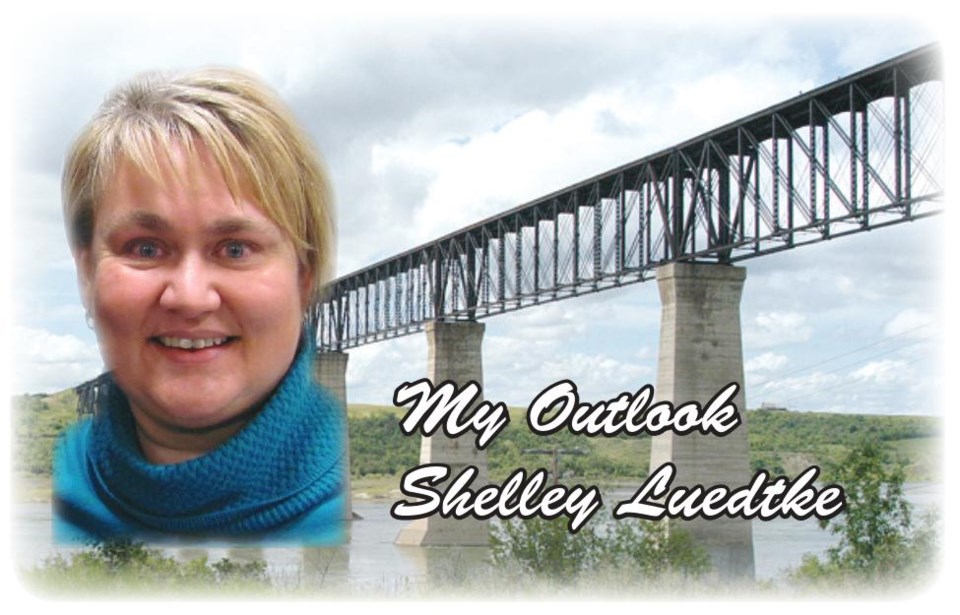I was working at a high school when a tragedy occurred resulting in the loss of life of a student. Very quickly the staff was pulled together and we tried to determine the best way to make the student body aware of what happened.
That evening and the following morning help from other corners arrived. Counsellors, pastors and parents came to lend whatever support they could. It was all very much appreciated. But I clearly recall a morning, about two weeks later, when I looked around and realized they were no longer there. How long had it been? Why hadn't I noticed they were gone? Where were they today when we could have used their help? Of course a few phone calls would have brought them right back, but in that moment it felt as though all the help that was at arm's length earlier now seemed to have vanished.
I was an 18-year old when my dad died. In the hours and days following his death our house was full of people; people bringing food, hugs, conversation, comfort….whatever they could to let us know they cared. We were overwhelmed by the love and support we felt. But of course time moves on and everybody needs to get back to their lives. It's not that their care or concern is not there, it's just that they need to resume the activities of their own lives—which of course is the challenge for those dealing with grief. How can everyone else's life go on so normally when mine has been forever changed?
It's why I was struck by something my mom shared months after dad's death. I was away at university and was grateful so many people continued to call and stop in, but there was one in particular she mentioned. A pastor from one of the other denominations in town visited my mother every single week. He had often called on my dad for help and advice since he was new in the profession and my dad had been a pastor for a few more years. He appreciated the counsel dad had given him, and following my dad's death did what he could to check in on mom and provide whatever support he could. In the six months that our family continued to live in the community, he dropped in for a visit every single week. It meant a lot to my mom.
We're often really good at being there for one another in the initial aftermath of loss, heartache and the unthinkable. We rally quite well. Over time though, many of us drift away, turning our attention to other things. But there are those among us who are attuned to keep checking in, to keep reading the signals, and being the physical, emotional and practical shoulder ready to be leaned on when others are no longer there.
According to the National Institute for Occupational Safety and Health, being a long-haul trucker is on the list of tougher jobs that brings with it increased health problems along with higher risk for injury and death. Its difficulties are among the many reasons employers hoping to hire long-haul truckers from now until 2028 are expected to face recruiting challenges. Autonomous driving vehicles are being used in some places, with ambitious plans coming in others. Experts feel this is a necessary step to keep supplies moving because the ability to be a long-hauler is a rare thing—and apparently becoming rarer by the day.
That’s how it is with the long haul; those prolonged and difficult tasks requiring greater intention and perseverance. It takes a special kind of person—and a special kind of effort. While it's vital to be there for one another in the early stages, a lot can be said of how we help each other long term.
Who are the long haulers in your life? Who are the ones who are there when the reality of what has happened bears down in unexpected ways. The ones sticking around to help as unanticipated new wounds bring fresh pain. The ones by your side when the shock is gone and the heartbreak digs itself deeper.
Better still, think of someone who may need you to walk with them through their next phase, particularly if they don’t even realize it yet, or don’t know who to call. Whether it's grief, relationship breakdown, job loss, illness and yes, even COVID, short bursts of help are necessary and very much appreciated, but there’s nothing quite like those who will be in it with us for the long haul. That’s my outlook.




